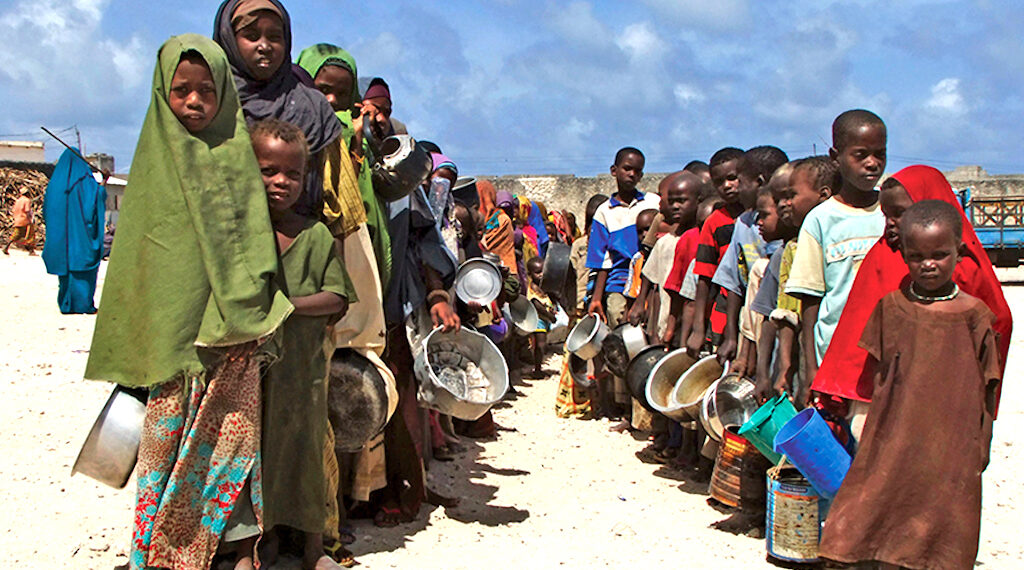A recent Cadre Harmonisé (CH) Report has revealed alarming projections for food security in Nigeria, indicating that at least 33.1 million people across 26 states and the Federal Capital Territory (FCT) are likely to face a food crisis by 2025. This critical analysis was released on Friday in Abuja, highlighting the urgent need for intervention.
Conducted in collaboration with the Food and Agriculture Organisation (FAO), the World Food Programme (WFP), and the Federal Ministry of Agriculture and Food Security, the CH Report underscores the severity of the situation in specific regions.
The states identified as most at risk include Sokoto, Zamfara, Borno, Adamawa, Yobe, Gombe, Taraba, Katsina, Jigawa, Kano, Bauchi, Plateau, Kaduna, Kebbi, Niger, and Benue. Additionally, Cross River, Enugu, Edo, Abia, Kogi, Nasarawa, Kwara, Ogun, Lagos, Rivers, and the FCT are also highlighted as areas of concern.
The analysis projects that residents in these affected areas will likely encounter significant food and nutrition challenges, particularly between June and August 2025. This troubling forecast includes approximately 514,474 Internally Displaced Persons (IDPs) residing in Borno, Sokoto, and Zamfara States, who are already facing precarious living conditions.
Currently, around 25 million people across these regions are grappling with food crises, underscoring an urgent humanitarian need. Kouacou Koffy, the FAO Country Representative to Nigeria and ECOWAS, emphasized the necessity for immediate and coordinated action to tackle food and nutrition security in the nation.
READ ALSO: FAO warns 25m Nigerians vulnerable to food crisis in August 2023
Koffy stated, “With the concerted efforts of the government, CH stakeholders, and the international community, we can move closer to alleviating hunger and reducing suffering for Nigeria’s most vulnerable populations. We are facing unprecedented challenges affecting livelihoods and food and nutrition security globally, regionally, and nationally.”
He further elaborated on the multiple shocks Nigeria is experiencing, including economic pressures that are driving up the prices of essential staple crops and agricultural commodities, as well as climate-related incidents like floods and droughts, compounded by ongoing insecurity.
The CH analysis is regarded as the most reliable and widely accepted early warning tool for humanitarian programming, which aids in targeting food security and livelihood responses, as well as prioritizing development initiatives.
The urgency of the situation calls for a robust response to avert the impending crisis and protect the lives of millions in Nigeria.

 Entertainment1 week ago
Entertainment1 week ago
 Entertainment5 days ago
Entertainment5 days ago
 Comments and Issues1 week ago
Comments and Issues1 week ago
 Comments and Issues1 week ago
Comments and Issues1 week ago
 Comments and Issues1 week ago
Comments and Issues1 week ago
 Health7 days ago
Health7 days ago
 Health3 days ago
Health3 days ago
 Football7 days ago
Football7 days ago

